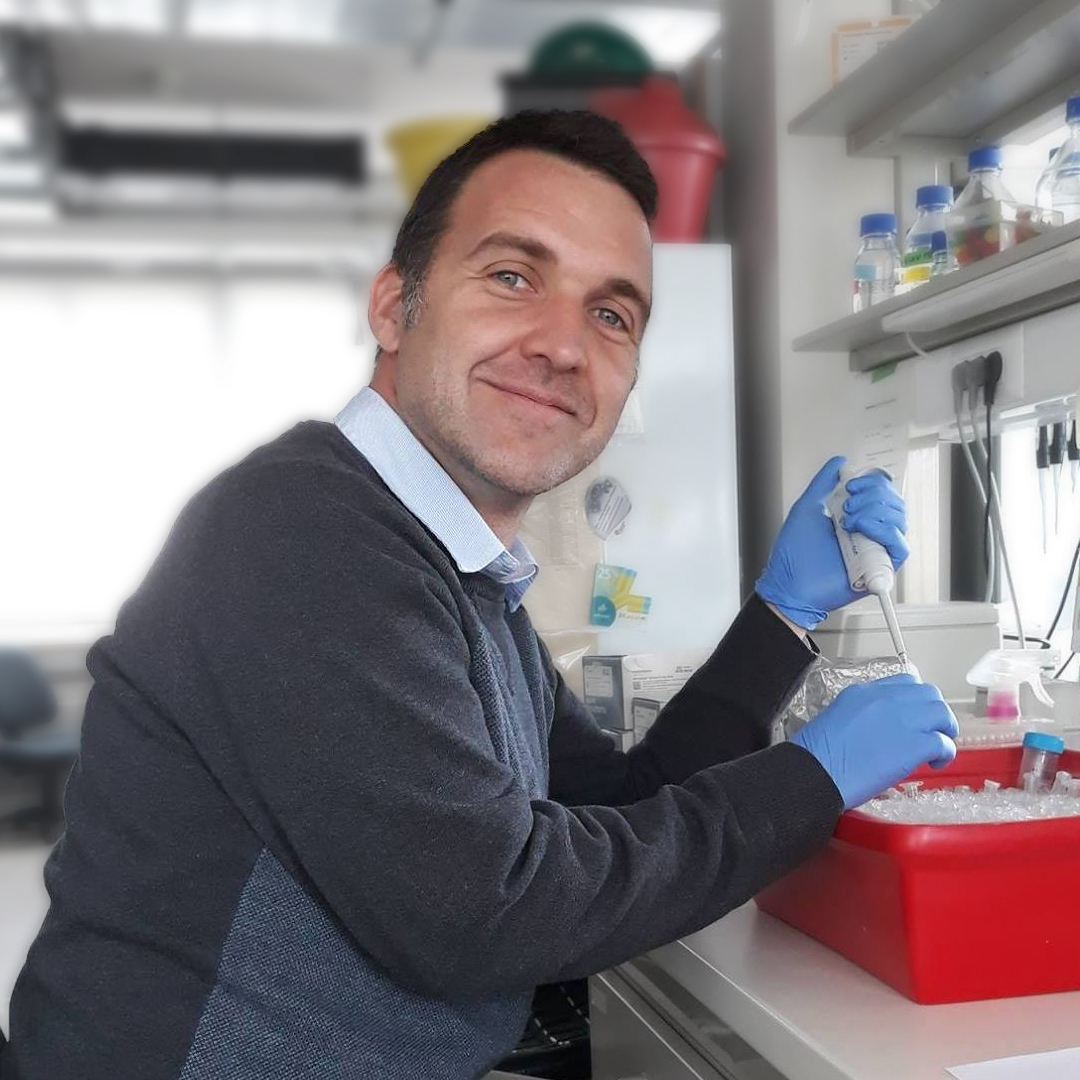Szeged Researchers Expect Promising Results in Early Breast Cancer Diagnostics Soon
The HUN-REN Biological Research Centre, Szeged is collaborating with a research company to develop a method for the early detection of breast and lung tumours. With a budget of nearly 1 billion forints, the consortium aims to develop innovative tumour diagnostic procedures. This three-year project is funded by a non-refundable grant of 694 million forints from the Hungarian National Research, Development and Innovation Office.
Within the project, Avidin's scientists' primary focus is the analysis of cell-free genomic DNA circulating in the blood to identify new tumour diagnostic markers. At BRC Szeged, Gábor Szebeni and his colleagues, along with the Macrophage Polarization Research Group led by Zsolt Czimmerer, are analysing circulating immune cells and any observable alterations in these cells to achieve the same goal.
"Blood-based diagnostics are essential because they enable faster and often more detailed tumour detection," emphasises Zsolt Czimmerer, project leader. Recent scientific evidence increasingly shows that tumour and stromal cells can not only reprogramme immune cells within the tumour to prevent them from inhibiting tumour growth but can also, in many cases, promote tumour development. This reprogramming can begin in the bloodstream, though experts acknowledge that we still have limited information about this process. Understanding how this reprogramming contributes to tumour growth or suppresses anti-tumour immune responses is crucial, and these changes can also serve as valuable diagnostic markers.

“In this project, we have committed ourselves not only to identifying new potential biomarkers but also to developing a set of reagents that will enable these biomarkers to be measured quickly and cost-effectively,” says the researcher. Within the project, the BRC research group is responsible for identifying these biomarkers and developing or refining the reagent kit framework.
“I don't think it will be available to patients next month, but we are very hopeful that we will be able to deliver encouraging results in the short term. However, it is important to stress that this is a three-year project,” adds Zsolt Czimmerer.

